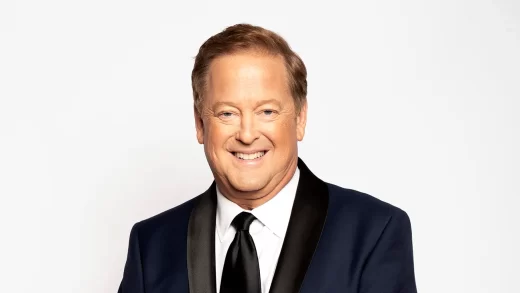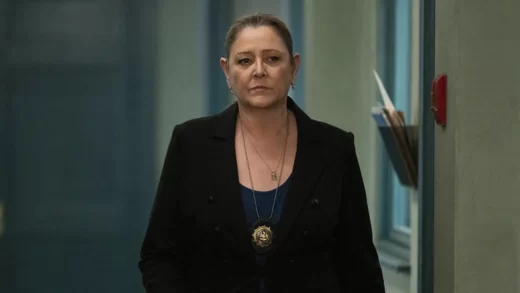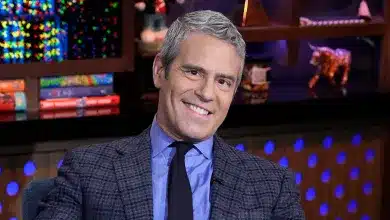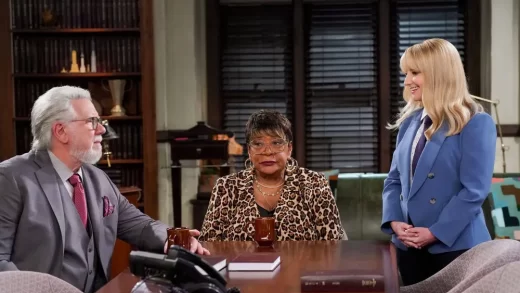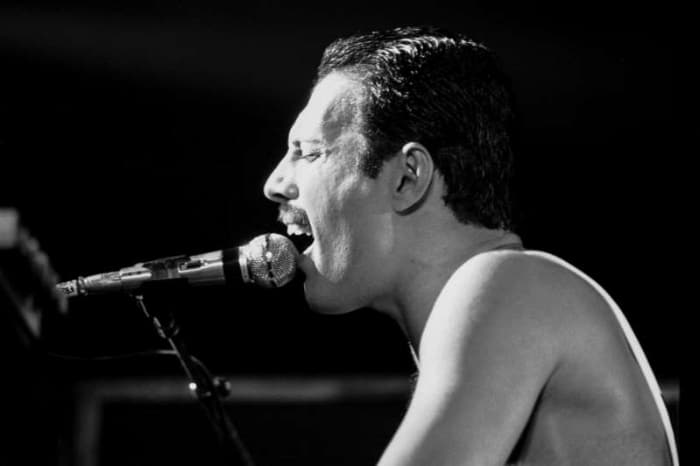Bohemian Rhapsody is a film that suffered from a difficult gestation. It was announced in 2010 but, in the intervening eight years, everyone from the lead actor to the screenwriter to the director either bailed or was replaced, in some cases several times.
Freddie Mercurywas first to be played by Sacha Baron Cohen, then Ben Whishaw, although it’s hard to see how either could have done a better job than the actor the role eventually went to, Rami Malek, whose incredible performance is the film’s one unequivocal triumph.
You can see why they pressed on with its making. For one thing, few artists have been so hawkish in posthumously extending their brand as Queen: since Mercury’s death in 1991, there have been jukebox musicals, umpteen archive releases and documentaries, as well as attempts to reboot the band without him. For another, Mercury’s story is clearly one worth telling. If anything, he seems a more remarkable figure in hindsight than at the height of his career.
The child of Parsi parents, who formed his first band at school in Mumbai, Mercury was an Asian frontman at a time when Asian visibility in rock was virtually nil and racism was overt (intriguingly, the guitarist in Mercury’s Bombay school band was Derrick Branche, who went on to appear as Mr Gupta in the famously problematic ITV comedy Mind Your Language). Island Records boasted an Anglo-Indian prog band called Quintessence, but there was certainly no other Asian rock star on Mercury’s scale. He was a gay man who, while never coming out publicly, put his sexuality front and centre in his performances and songwriting, apparently without his audience realising what he was doing.

UNITED KINGDOM – AUGUST 09: KNEBWORTH Photo of Freddie MERCURY and QUEEN,
Freddie Mercury performing live on stage (Photo by Suzie Gibbons/Redferns)
And there’s no mention of the impact of his queerness on his songwriting, beyond the admittedly intriguing implication that the lyrics of Love of My Life and Bohemian Rhapsody might have been fuelled by anguish over his sexuality. You don’t have to delve deep into semantics to find other examples, although you can if you want. Simon Reynolds’ 2016 book Shock and Awe: Glam Rock and Its Legacy makes a convincing case that 1974’s The Fairy Feller’s Master-Stroke has less to do with the painting of the same name by Richard Dadd than it has to do with “a sex life kept hidden from the public”. Reynolds also draws links between the sound of Bohemian Rhapsody and Wayne Koestenbaum’s study of opera’s allure to gay men, The Queen’s Throat.
But Mercury didn’t usually deal in covert metaphor. He wrote songs that had his sexuality proudly emblazoned across them, from Get Down Make Love to Good Old Fashioned Lover Boy. Amid the huffing and eye-rolling about Mercury’s behaviour, there’s no room in Bohemian Rhapsody for the fact that what may be Queen’s greatest song of all – the astonishing Don’t Stop Me Now – was a direct product of his hedonism and promiscuity: an unrepentant, joyous, utterly irresistible paean to gay pleasure-seeking. You find yourself wondering if its title might not have been aimed at his censorious bandmates.
Few bands have so revelled in and owned their own piquant OTTness – but the depiction of Mercury’s sexuality seems unnecessarily reductive. There’s no mention of the debt Queen effectively owed to Mercury’s queerness, which gave them everything from their name to their image. With the greatest of respect to the band’s other members, when you think of Queen, you think of Mercury got up in full leather, dressed like a ballet dancer, naked except for a pair of tiny shorts, or swishing his way through Killer Queen on Top of the Pops. There’s no mention of the impact it had on his performances, despite the compelling argument that it took an outrageous gay man to convincingly sell confections as lavish and preposterous as those Queen kept coming up with.
Like in Queen’s song ‘I Want to Break Free’, perhaps that’s what Mercury was simply looking for.
(Excerpt) Read More at: MSN Entertainment
